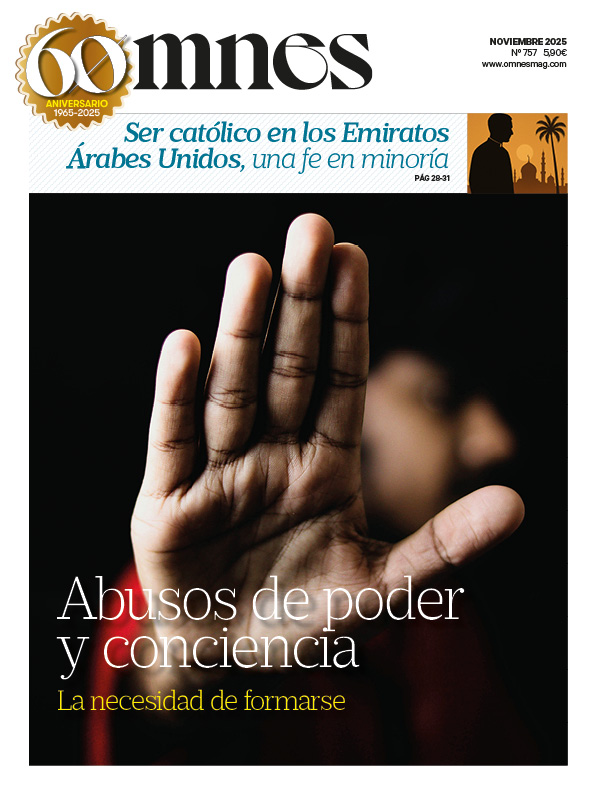At Evangelii gaudium (102) the Holy Father already noted that "awareness of the identity and mission of the laity in the Church has grown. There is a large number of laity, although not enough, with a deep-rooted sense of community and great fidelity in the commitment to charity, catechesis and the celebration of the faith".
On the one hand, the Pope is aware of the particular vocation of the laity: to proclaim the Gospel in the public square. The Second Vatican Council recognized that "they are especially called to make the Church present and active in those places and circumstances where she can only become the salt of the earth through them". Likewise, the Council Fathers recognized that "the laity can also be called in various ways to a more immediate collaboration with the apostolate of the Hierarchy, just like those men and women who helped the Apostle Paul in evangelization, working hard for the Lord" (Lumen gentium, 33).

Therefore, with the ministry of catechists, Pope Francis responds to the needs of our time and, at the same time, recovers the very roots of the Church. Every lay person has the mission to bring the joy of the Gospel to the peripheries of the world. His family and work life, his friendships and interests, his training and his professionalism allow him to be involved in a society that yearns for a message of hope.
However, they are also called to carry out their own mission within the community, which is why Pastors should enrich the life of the Church by recognizing lay ministries. This is what the Holy Father has done with the institution of the ministries of acolyte, lector and catechist.
Because, from its origin, the Church counts on all its members to function. Each according to his specificity, according to his charism, to exercise his ministry. This is what St. Paul reminds us: "He has appointed some as apostles, some as prophets, some as evangelists, some as pastors and teachers, for the equipping of the saints for their ministry and for the edifying of the body of Christ" (Eph 4:11-12).
Indeed, there is a diversity of vocations within the unity of the same body. And the laity also have their specific charisms, some of which should be formally recognized, as the Pope has done, through ministries.
We need teachers, theologians who investigate how to give a reason for our hope (1 Pet. 3:15) and catechists who transmit the enthusiasm of salvation from the solidity of their teaching.
Thus, instituting a lay ministry, such as that of catechist, helps to give greater emphasis to the missionary commitment of each baptized person. A mission that, in any case, should be carried out fully inserted in the circulatory stream of society, without falling into the temptation of the self-referential nature of any human group.
Let us give thanks to the Lord for this endorsement of Pope Francis to the laity: protagonists of their personal process of growth in faith, collaborators of the pastors in the tasks of the apostolate and members of the body of Christ, the community of believers who have been called by baptism to become a people of kings, priests and prophets.
Auxiliary Bishop of Barcelona and Vicar General. In his priestly ministry he has combined parish work with catechetical and educational pastoral ministry. In the Episcopal Conference of Tarragona he is President of the Interdiocesan Secretariat of Catechesis, and in the Spanish Episcopal Conference he is a member of the Episcopal Commission for Evangelization, Catechesis and Catechumenate.







